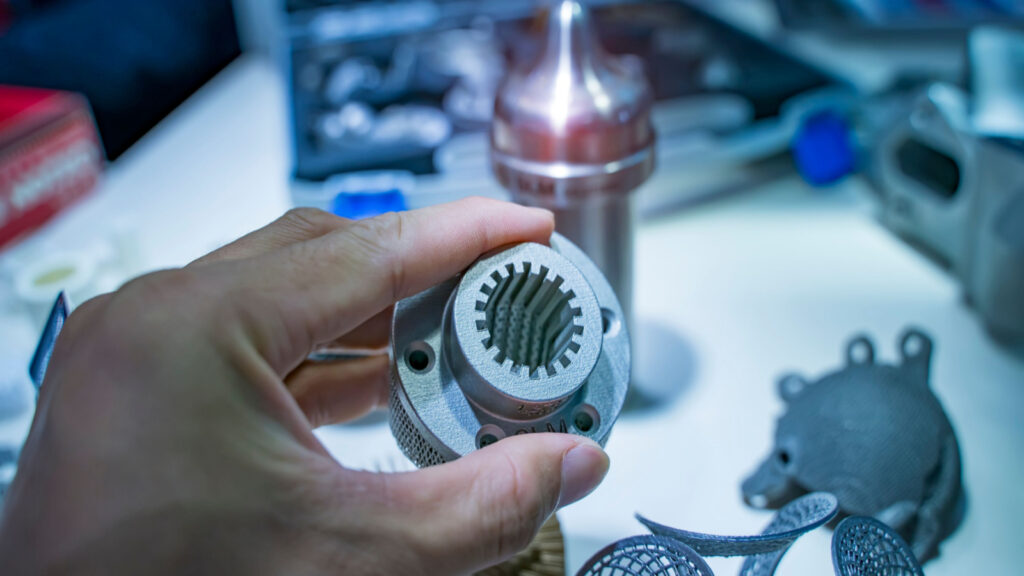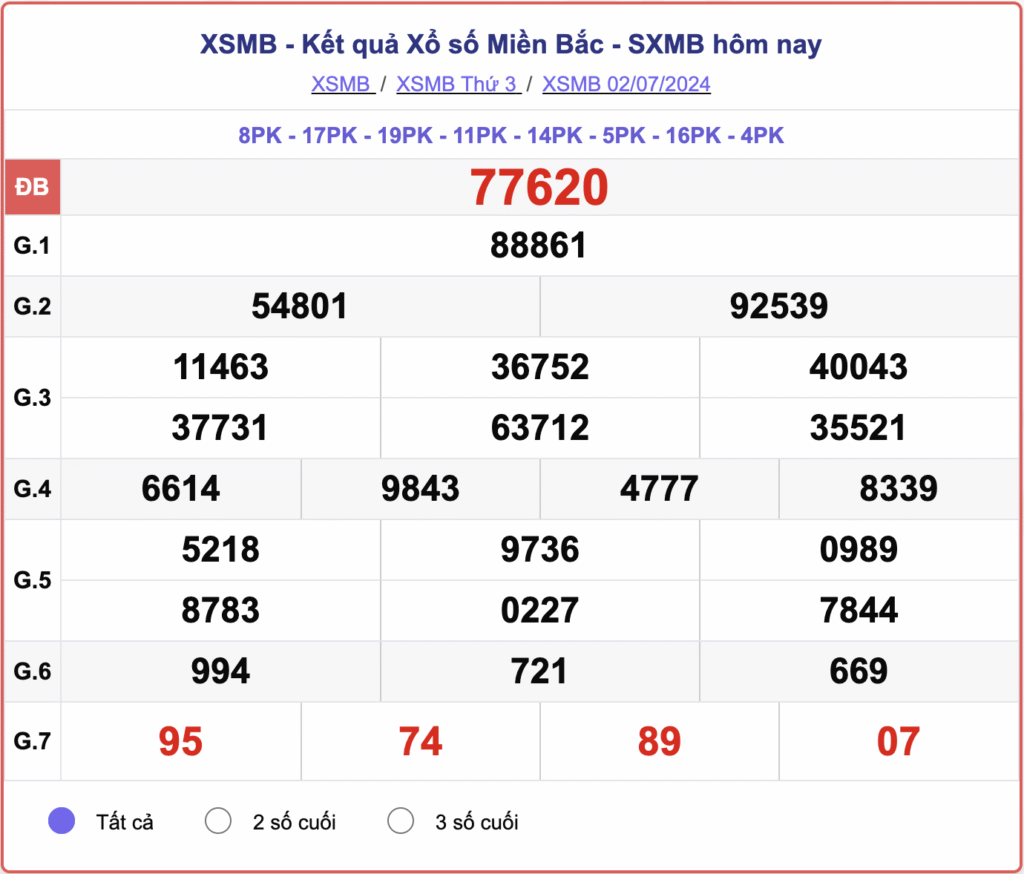Image Source: Freepik.com
As a landlord in London, ensuring the safety of your tenants is not only a moral obligation but also a legal one. With ever-changing regulations and laws, it can be difficult to navigate what exactly must be provided to tenants in terms of safety. Whether you’re renting out a single property or managing several units, it’s crucial to understand the legal requirements you must comply with to provide a safe living environment for your tenants. Services like Fire Alarm Installation London play a key role in meeting these obligations and ensuring properties are compliant with current safety standards. In this blog, we will explore the key safety obligations that landlords must meet under UK law.
Fire Safety Requirements for Landlords
Fire safety is one of the most important areas of tenant safety that landlords must prioritize. London’s property market, with its many older buildings, requires extra caution when it comes to fire prevention and safety measures.
The Fire Safety Order (2005) applies to all landlords and outlines the responsibilities to ensure fire safety in rental properties. Landlords must make sure that the property has a working fire detection system, such as smoke alarms on every floor, and a carbon monoxide alarm in any room with a solid fuel-burning appliance (like a fireplace or gas boiler).
Furthermore, landlords are legally required to conduct regular fire risk assessments and ensure that escape routes are clearly marked and free of obstructions. Fire extinguishers and fire blankets must be provided in shared spaces, and emergency exits must be easily accessible and unobstructed. These measures are designed to keep tenants safe in the event of a fire, ensuring they can evacuate quickly and efficiently.
It’s important for landlords to also keep records of fire safety checks. These records should indicate when alarms were tested, when fire safety equipment was serviced, and any other relevant safety measures.
Gas Safety Obligations for Landlords
Another critical aspect of tenant safety is ensuring the property complies with gas safety regulations. According to the Gas Safety (Installation and Use) Regulations 1998, landlords must ensure that all gas appliances, flues, and pipework are safe and regularly maintained.
Landlords must have a Gas Safety Certificate issued by an engineer who is registered with the Gas Safe Register, the official gas registration body for the UK. This certificate verifies that all gas appliances and installations are safe to use. This certificate must be renewed every year, and a copy should be provided to tenants within 28 days of the inspection or when they first move into the property.
It is essential that gas appliances such as boilers, ovens, and heaters are checked regularly for faults or leaks. Gas leaks can lead to dangerous situations, including poisoning or explosions, so regular checks are vital in preventing these risks.
Electrical Safety Requirements for Landlords
Electrical safety is another key area that landlords must address to ensure tenant safety. The Electrical Safety Standards in the Private Rented Sector (England) Regulations 2020 set out the requirement for landlords to have all electrical installations in the property inspected and tested at least every five years. A qualified electrician must carry out these inspections and issue an Electrical Installation Condition Report (EICR).
The report will identify any potential hazards in the property’s electrical system, such as faulty wiring or outdated circuit breakers. If any issues are identified, landlords must take immediate steps to rectify them and ensure the property is safe. Tenants should be provided with a copy of the EICR within 28 days of the inspection, and the report should be kept up to date.
Landlords should also ensure that electrical appliances they provide to tenants are safe and in good working order. Any appliances, such as fridges or washing machines, should be regularly maintained and tested for safety.
The Role of Smoke Alarms and Carbon Monoxide Detectors
As mentioned earlier, smoke alarms are a vital requirement for landlords to provide in rental properties. These alarms must be installed on every floor of the property, including landings and hallways. They should also be tested regularly to ensure they are in working order.
In addition to smoke alarms, carbon monoxide detectors must be installed in any room where a solid fuel-burning appliance is used. This includes appliances like fireplaces, wood-burning stoves, and gas boilers. Carbon monoxide is a silent and dangerous gas that can cause severe health issues or even death if not detected. By providing these detectors, landlords are safeguarding the health and well-being of their tenants.
Maintaining Safe Outdoor Spaces
Landlords must also ensure that outdoor spaces, such as gardens, walkways, and balconies, are safe for tenants. For example, any external stairs or balconies should be in good condition, and railings must be sturdy to prevent falls. Trees and plants in the garden should also be regularly maintained to avoid hazards like overgrown branches or uneven paths that could cause accidents.
In addition, the safety of shared outdoor spaces in apartment buildings must be a priority. Shared areas should be properly lit, well-maintained, and free of any debris or hazards that could cause tenants to trip or fall.
Health and Safety of Common Areas
For landlords who own and manage properties with shared common areas, such as apartment buildings or multi-tenant properties, ensuring safety in these areas is essential. Common areas like hallways, staircases, and lifts must be well-lit and free from clutter or obstructions. Emergency lighting should be installed in case of a power failure, and fire exits must be clearly marked and easily accessible.
It is also important that any shared appliances or amenities, such as laundry facilities or communal kitchens, are regularly inspected and maintained to ensure they do not pose a risk to tenants.
Tenant Safety and the Landlord-Tenant Relationship
Ultimately, ensuring tenant safety is an ongoing responsibility for landlords. Regular inspections, routine maintenance, and compliance with legal obligations are crucial for creating a safe and secure living environment for tenants. Failure to meet these safety standards can not only put tenants at risk but can also result in fines, legal action, or even the loss of a rental property.
By maintaining safety standards and creating a proactive relationship with tenants, landlords can build trust and ensure a positive, long-term rental experience.
Conclusion
London landlords have a legal duty to ensure the safety and well-being of their tenants. Fire safety, gas safety, electrical safety, and maintaining safe outdoor and common spaces are all essential components of this responsibility. By adhering to the legal requirements for safety measures, landlords not only protect their tenants but also avoid potential legal and financial consequences. Regular inspections, proper documentation, and consistent maintenance are key to staying compliant and fostering a safe living environment. Ultimately, tenant safety should always be a priority, as it leads to healthier, happier tenants and a more successful, secure rental business.If you want to stay updated with posts like this, please follow us on DGM News.




